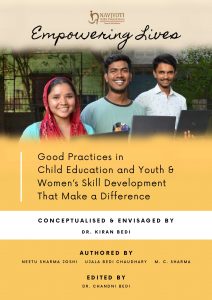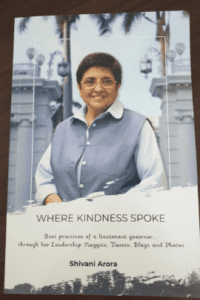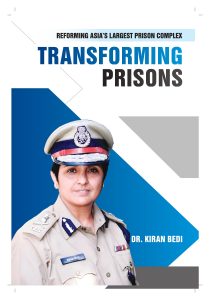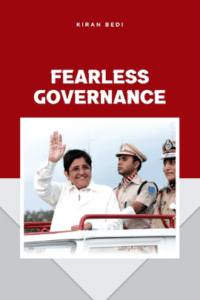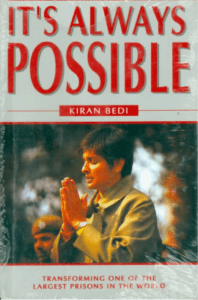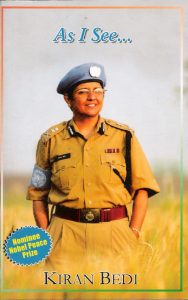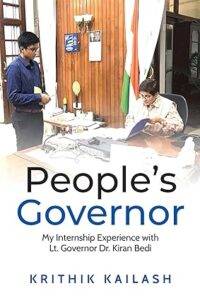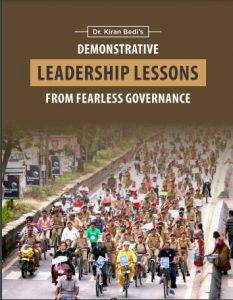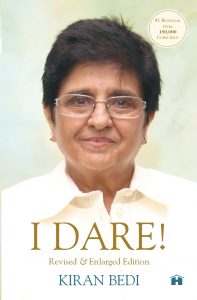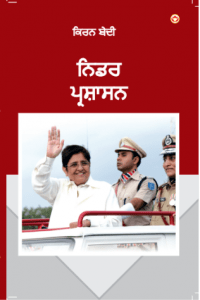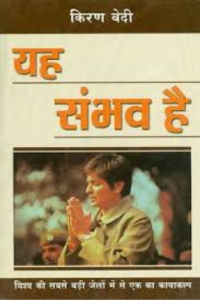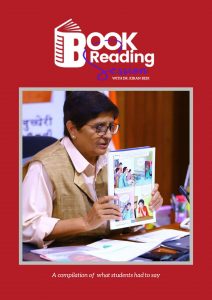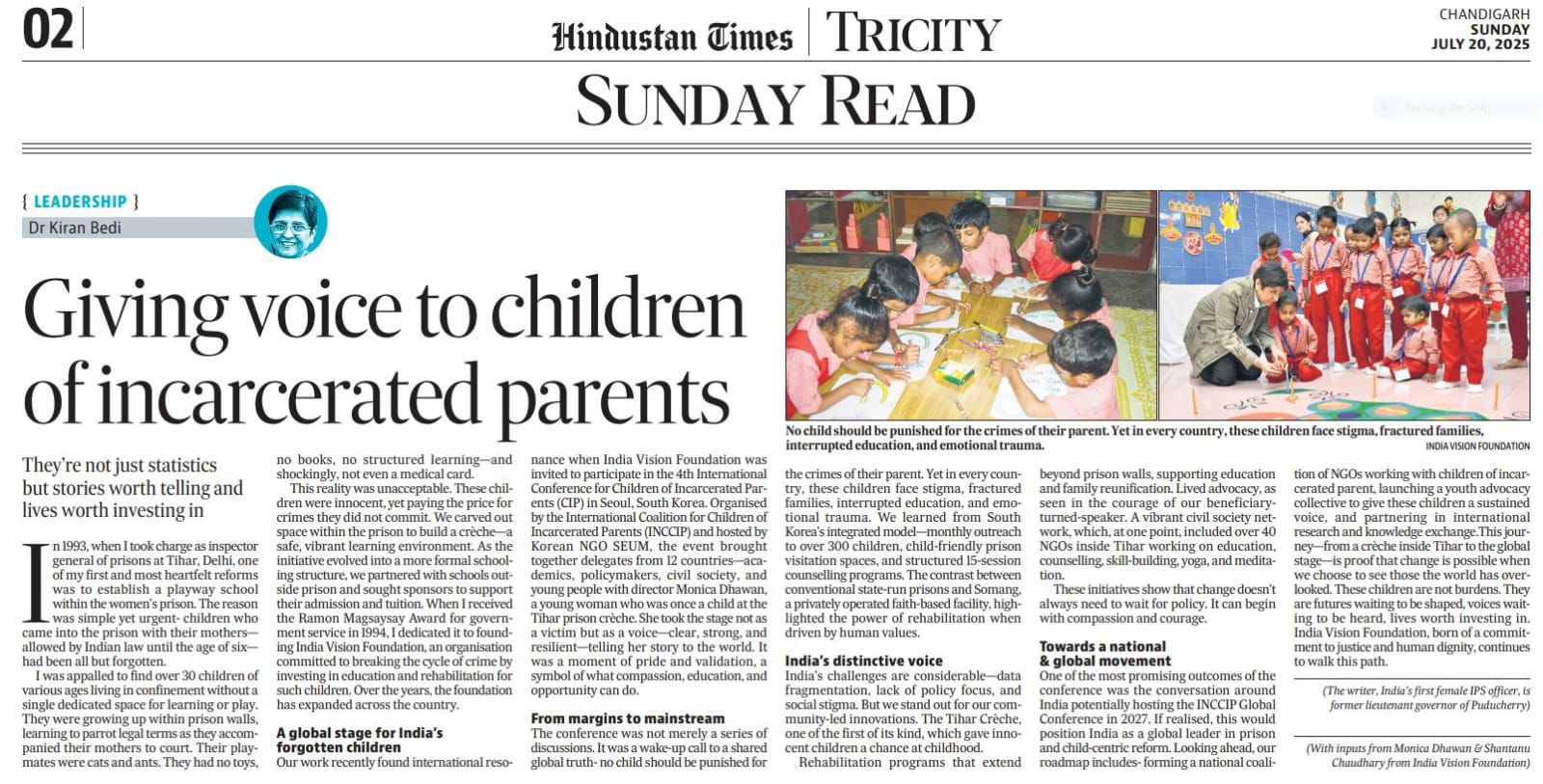
Giving voice to children of incarcerated parents
Children of incarcerated parents are not statistics, they are stories worth telling—and lives worth investing in
In 1993, when I took charge as inspector general of prisons at Tihar, Delhi, one of my first and most heartfelt reforms was to establish a playway school within the women’s prison. The reason was simple yet urgent- children who came into the prison with their mothers—allowed by Indian law until the age of six—had been all but forgotten.
I was appalled to find over 30 children of various ages living in confinement without a single dedicated space for learning or play. They were growing up within prison walls, learning to parrot legal terms as they accompanied their mothers to court. Their playmates were cats and ants. They had no toys, no books, no structured learning—and shockingly, not even a medical card.
This reality was unacceptable. These children were innocent, yet paying the price for crimes they did not commit. We carved out space within the prison to build a crèche—a safe, vibrant learning environment. As the initiative evolved into a more formal schooling structure, we partnered with schools outside prison and sought sponsors to support their admission and tuition.When I received the Ramon Magsaysay Award for government service in 1994, I dedicated it to founding India Vision Foundation, an organisation committed to breaking the cycle of crime by investing in education and rehabilitation for such children. Over the years, the foundation has not only continued this mission but expanded it across the country.
A global stage for India’s forgotten children
Our work recently found international resonance when India Vision Foundation was invited to participate in the 4th International Conference for Children of Incarcerated Parents (CIP) in Seoul, South Korea. Organised by the International Coalition for Children of Incarcerated Parents (INCCIP) and hosted by Korean NGO SEUM, the event brought together delegates from 12 countries—academics, policymakers, civil society, and young people with director Monica Dhawan, a young woman who was once a child at the Tihar prison crèche. She took the stage not as a victim but as a voice—clear, strong, and resilient—telling her story to the world. It was a moment of pride and validation, a symbol of what compassion, education, and opportunity can do.
From margins to mainstream
The conference was not merely a series of discussions. It was a wake-up call to a shared global truth- no child should be punished for the crimes of their parent. Yet in every country, these children face stigma, fractured families, interrupted education, and emotional trauma. We learned from South Korea’s integrated model—monthly outreach to over 300 children, child-friendly prison visitation spaces, and structured 15-session counselling programs. The contrast between conventional state-run prisons and Somang, a privately operated faith-based facility, highlighted the power of rehabilitation when driven by human values.
India’s distinctive voice
India’s challenges are considerable—data fragmentation, lack of policy focus, and social stigma. But we stand out for our community-led innovations. Key among them:
• The Tihar Crèche, one of the first of its kind, which gave innocent children a chance at childhood.
• Rehabilitation programs that extend beyond prison walls, supporting education and family reunification.
• Lived advocacy, as seen in the courage of our beneficiary-turned-speaker.
• A vibrant civil society network, which, at one point, included over 40 NGOs inside Tihar working on education, counselling, skill-building, yoga, and meditation.
These initiatives show that change doesn’t always need to wait for policy. It can begin with compassion and courage.
Towards a national & global movement
One of the most promising outcomes of the conference was the conversation around India potentially hosting the INCCIP Global Conference in 2027. If realised, this would position India as a global leader in prison and child-centric reform. Looking ahead, our roadmap includes- forming a national coalition of NGOs working with children of incarcerated parent, launching a youth advocacy collective to give these children a sustained voice, and partnering in international research and knowledge exchange.This journey—from a crèche inside Tihar to the global stage—is proof that change is possible when we choose to see those the world has overlooked. These children are not burdens. They are futures waiting to be shaped, voices waiting to be heard, lives worth investing in. India Vision Foundation, born of a commitment to justice and human dignity, continues to walk this path.
(The writer, India’s first female IPS officer, is former lieutenant governor of Puducherry)

